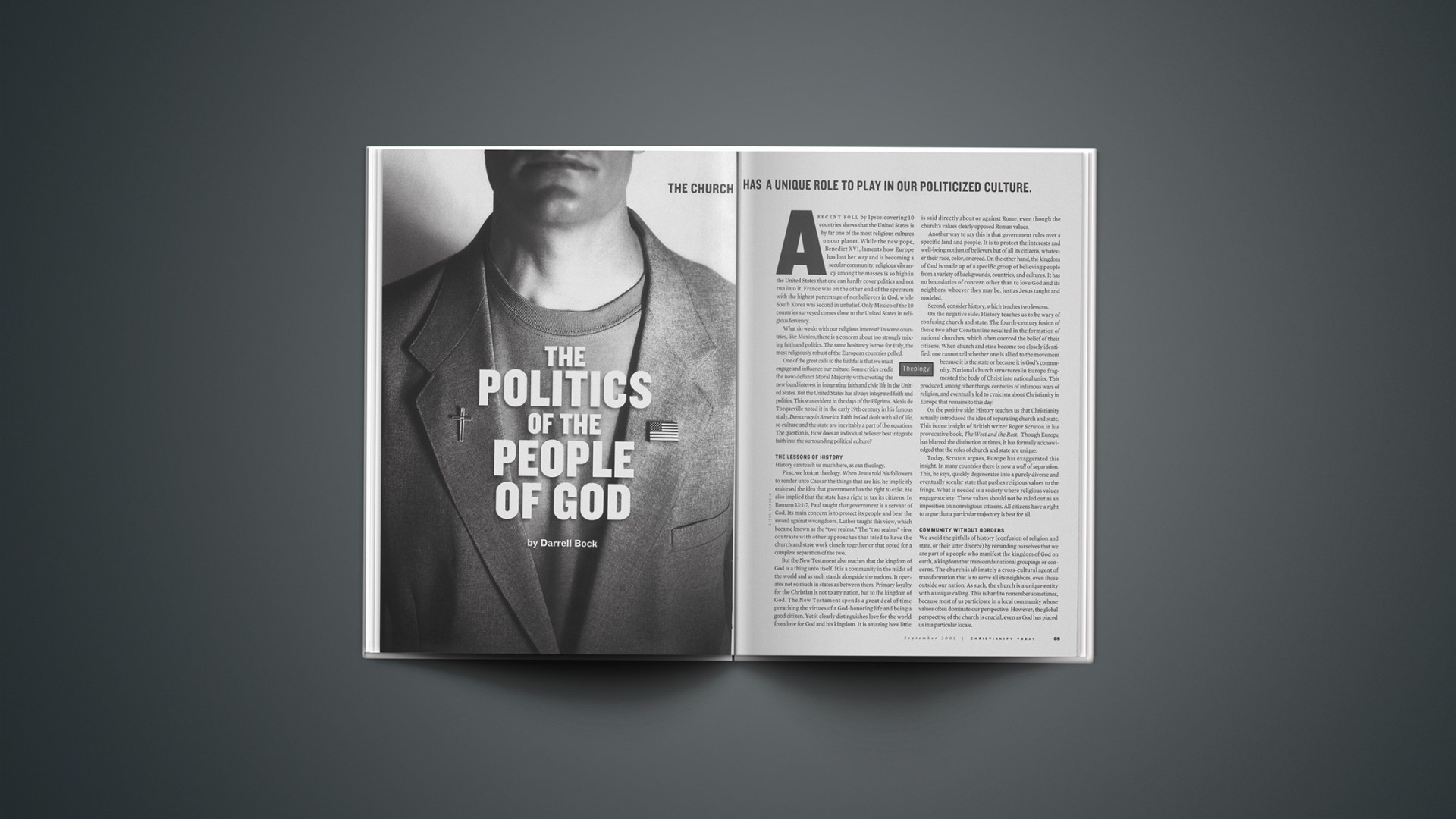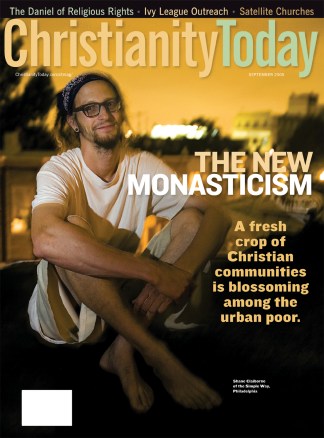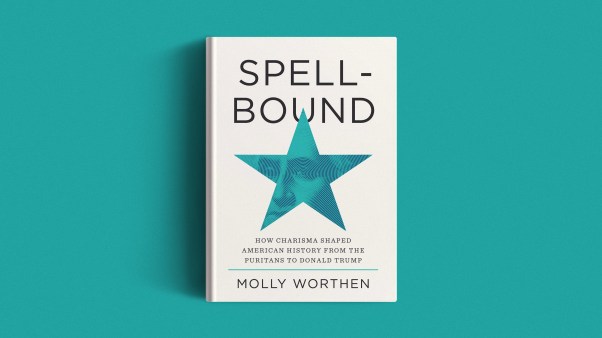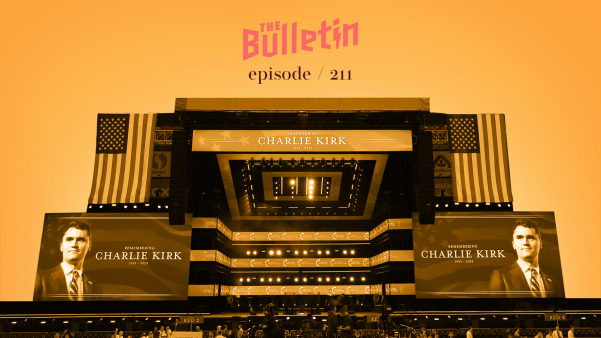A recent poll by Ipsos covering 10 countries shows that the United States is by far one of the most religious cultures on our planet. While the new pope, Benedict XVI, laments how Europe has lost her way and is becoming a secular community, religious vibrancy among the masses is so high in the United States that one can hardly cover politics and not run into it. France was on the other end of the spectrum with the highest percentage of nonbelievers in God, while South Korea was second in unbelief. Only Mexico of the 10 countries surveyed comes close to the United States in religious fervency.
What do we do with our religious interest? In some countries, like Mexico, there is a concern about too strongly mixing faith and politics. The same hesitancy is true for Italy, the most religiously robust of the European countries polled.
One of the great calls to the faithful is that we must engage and influence our culture. Some critics credit the now-defunct Moral Majority with creating the newfound interest in integrating faith and civic life in the United States. But the United States has always integrated faith and politics. This was evident in the days of the Pilgrims. Alexis de Tocqueville noted it in the early 19th century in his famous study, Democracy in America. Faith in God deals with all of life, so culture and the state are inevitably a part of the equation. The question is, How does an individual believer best integrate faith into the surrounding political culture?
The Lessons of History
History can teach us much here, as can theology.
First, we look at theology. When Jesus told his followers to render unto Caesar the things that are his, he implicitly endorsed the idea that government has the right to exist. He also implied that the state has a right to tax its citizens. In Romans 13:1-7, Paul taught that government is a servant of God. Its main concern is to protect its people and bear the sword against wrongdoers. Luther taught this view, which became known as the “two realms.” The “two realms” view contrasts with other approaches that tried to have the church and state work closely together or that opted for a complete separation of the two.
But the New Testament also teaches that the kingdom of God is a thing unto itself. It is a community in the midst of the world and as such stands alongside the nations. It operates not so much in states as between them. Primary loyalty for the Christian is not to any nation, but to the kingdom of God. The New Testament spends a great deal of time preaching the virtues of a God-honoring life and being a good citizen. Yet it clearly distinguishes love for the world from love for God and his kingdom. It is amazing how little is said directly about or against Rome, even though the church’s values clearly opposed Roman values.
Another way to say this is that government rules over a specific land and people. It is to protect the interests and well-being not just of believers but of all its citizens, whatever their race, color, or creed. On the other hand, the kingdom of God is made up of a specific group of believing people from a variety of backgrounds, countries, and cultures. It has no boundaries of concern other than to love God and its neighbors, whoever they may be, just as Jesus taught and modeled.
Second, consider history, which teaches two lessons.
On the negative side: History teaches us to be wary of confusing church and state. The fourth-century fusion of these two after Constantine resulted in the formation of national churches, which often coerced the belief of their citizens. When church and state become too closely identified, one cannot tell whether one is allied to the movement because it is the state or because it is God’s community. National church structures in Europe fragmented the body of Christ into national units. This produced, among other things, centuries of infamous wars of religion, and eventually led to cynicism about Christianity in Europe that remains to this day.
On the positive side: History teaches us that Christianity actually introduced the idea of separating church and state. This is one insight of British writer Roger Scruton in his provocative book, The West and the Rest. Though Europe has blurred the distinction at times, it has formally acknowledged that the roles of church and state are unique.
Today, Scruton argues, Europe has exaggerated this insight. In many countries there is now a wall of separation. This, he says, quickly degenerates into a purely diverse and eventually secular state that pushes religious values to the fringe. What is needed is a society where religious values engage society. These values should not be ruled out as an imposition on nonreligious citizens. All citizens have a right to argue that a particular trajectory is best for all.
Community without Borders
We avoid the pitfalls of history (confusion of religion and state, or their utter divorce) by reminding ourselves that we are part of a people who manifest the kingdom of God on earth, a kingdom that transcends national groupings or concerns. The church is ultimately a cross-cultural agent of transformation that is to serve all its neighbors, even those outside our nation. As such, the church is a unique entity with a unique calling. This is hard to remember sometimes, because most of us participate in a local community whose values often dominate our perspective. However, the global perspective of the church is crucial, even as God has placed us in a particular locale.
Nothing makes the difference between local and transcendent values more evident than when Christians from many nations gather in a community. That can happen in a multicultural church, or at an international meeting. All of a sudden, I as a North American meet with a brother or sister who views politics and culture from the perspective of Africa or Asia or Latin America.
I know this experience firsthand. While studying in Germany last year, I attended an international church, where the ethnic makeup included believers from Germany, the United States, Africa, and Eastern Europe. Participating in international Christian gatherings has also taught me how God is working in the church around the world. This has often made me pause as I think about how my culture, both American and Christian, influences that world. I have learned much from these believers from other nations and contexts, sometimes about how I have mixed culture and Christianity inappropriately, because they can take a fresh look from outside my culture.
The church can uniquely model a redeemed society for societies that are fallen. Churches can incarnate the very reconciliation Jesus died to provide. And we can do so in the manner he provided it, not through coercion or compulsion or angry argument. Rather, we can offer evidence of a lived value system that stands out as an expression of both love and truth. We do our best when we make the case that the values we contend for are best for all of us, believer and nonbeliever alike.
The kingdom of God is best spread, not when we force its ethics on others, but when we demonstrate through tender care for our own and our neighbor what the gospel looks like. For if the Cross means anything, it means the kingdom of God is not realized through an exercise of power. Instead, we should demonstrate serving love, a love that prayed for the forgiveness of those very sinners who put Jesus on the Cross.
Service, not Power
What does this mean practically? It means that the most effective way to affect our culture is for the church to live its values in the world.
One of the best examples I know comes from an African American church in Dallas. It was underwritten at its start by white urban churches, and planted itself in the poorest section of Dallas. It also started a school and developed a sports program for the neighborhood. That church created an alternative for kids to dropping out, doing drugs, and joining gangs, with many white urban moms spending countless hours tutoring African American kids, both spiritually and academically. It reconciled Christian blacks and whites. It produced such results that editorials about angels in our midst appeared in the paper. Today that black church is largely self-sustaining and parishioners are now at work on a second generation of graduates. In turn, these men and women strive to serve God and their neighbors through the visible ministry the church performs in the community. In short, that church has been a unique community in the midst of a modern city where racial strife was infamous.
Being the church also means that when we engage in the political process, we argue for our values because we believe they represent the best for all people—while giving visible evidence of those values in how we live within our communities. As we advocate, however, we recognize that as citizens of the state, we are part of a community we cannot and should not turn into a church. States are responsible to God to fulfill their calling. Our call is to be faithful in making our case and to make sure we make it with the best motives. We do not seek power. Instead, we seek to serve our neighbor.
This path will deliver us from the pitfalls history teaches. It also covers the gamut of Christian views.
First, to those on the Christian Right, these guidelines warn us against over-mingling of religion and state, especially during an administration that is so receptive to the Religious Right. We must make our case in a manner consistent with the core gospel values of love and concern, and do our best to be sure our tone reflects the same values. That means arguing to protect and honor life, while guarding against selfishness or greed that deprives others of necessities.
Second, for the Christian Middle and Left, these guidelines remind us of the danger of becoming so focused on social and political change that the interior change needed to effect lasting transformation is largely ignored.
Third, for both sides, these guidelines remind us that legislation can only do so much. It can open a door, but only hearts willing to walk through the door reach the goal. Legislating morality is difficult in the best of times, but without changed hearts, such laws are little more than words in a legislative record. As we in the church make economic arguments within our culture, we must do so heeding both the words of the prophets and of Proverbs. The prophets remind us about the need to show special concern for the poor. Proverbs calls on us to raise up responsible citizens. Faithfulness to our values does not allow us to choose between Proverbs and the prophets as we set forth our social platform.
The real danger in mixing or divorcing church and state is not to the Christian Left, Middle, or Right. The danger is to the church. Our cultures need communities that know no national boundaries, that do not depend on their legislatures being of one brand, and that are open to serving a neighbor’s need. To be a member of the church is to recognize that there is more to our world than our culture or the state. God calls the church to be distinct from our culture, but to influence it in its own unique way, to be a visible, third influence in our world.
Darrell Bock is professor of New Testament at Dallas Theological Seminary. He is author of Breaking the DaVinci Code (Nelson, 2004).
Copyright © 2005 Christianity Today. Click for reprint information.










